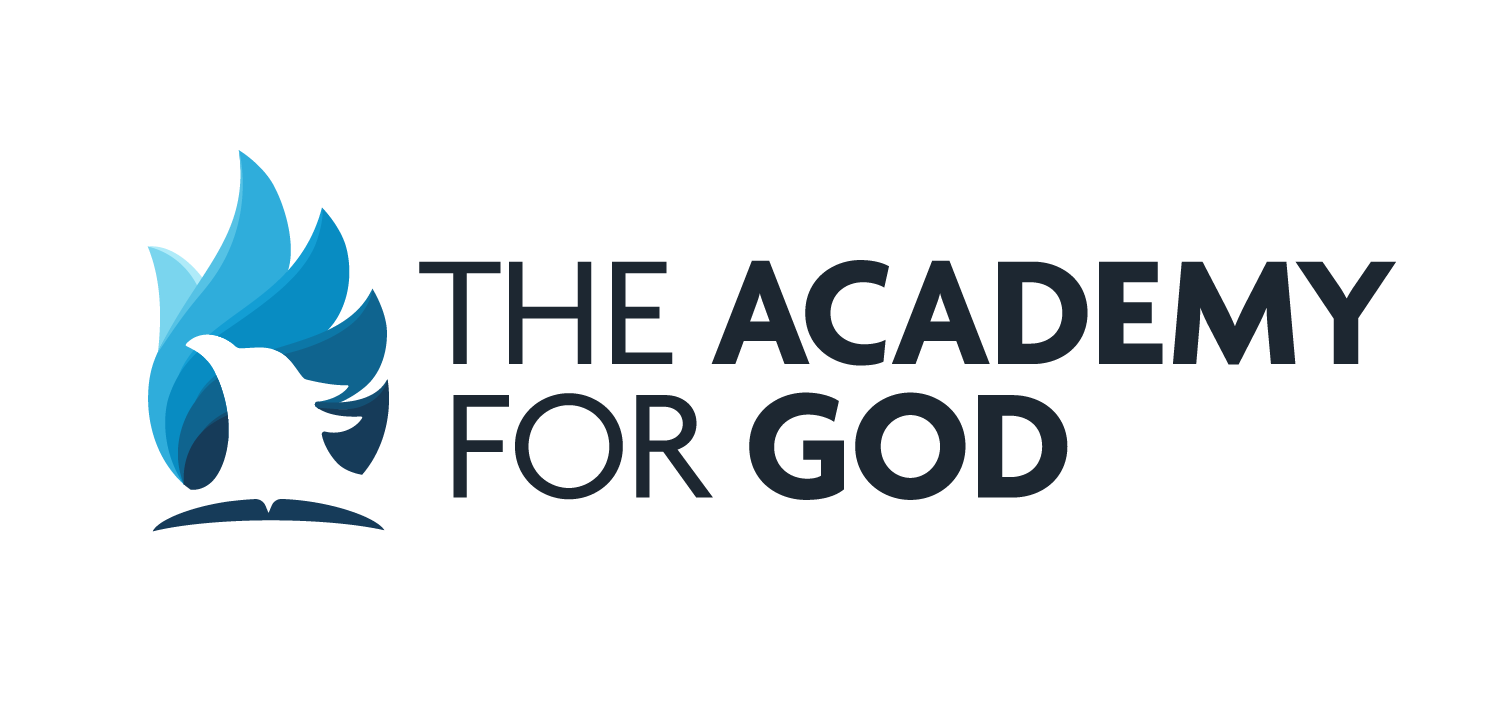written by Gregg D. Garner, Founder, Fall 2013
We believe students are moral and social beings, and that their educational curriculum must be tailored to acknowledge that reality. Students are not test scores, nor are they statistics to determine market trends. They are not merely future college students, or workforce potentials. They are primarily sons and daughters, brothers and sisters, friends and neighbors. This is why moral and social development in a school curriculum are necessary components for any school that wants to contribute to the raising of children into healthy adults who will have healthy families, and in turn create healthy communities that contribute to a greater sense of peace in the world.
We also believe that children are capable of much more than is often expected of them. The trend has been to have students memorize mass quantities of information, or formulas, to produce answers without any development of critical thinking skills. This, however, fundamentally denies the most powerful gift a child possesses—the power of wonder!
“Teaching a child to respond to curiosity with the ability to critically think opens up immense possibilities, in any field, or any discipline, for any future occupation.”
A child’s curiosity is the driving force behind their enthusiastic participation in any learning curriculum. It is the fuel behind their questions, and when it’s intentionally addressed, it provides the best opportunity to teach critical thinking skills to a young mind. Teaching a child to respond to curiosity with the ability to critically think opens up immense possibilities, in any field, or any discipline, for any future occupation.
By offering a diversity of subject matter across various disciplines, students have an opportunity to explore the world and themselves.
Simultaneously, an opportunity is given to teachers to make assessments of individual propensities, the student’s preferences and strengths. Borrowing from the “Multiple Intelligences” approach, teachers evaluate what type of intelligence(s) a student shows proclivity towards. Their educational experience is then catered to develop those capacities. All courses are designed to be flexible enough to give room for the development of intelligences, but focused enough so that everyone in the classroom attains mastery of the information taught per course in the curriculum.



